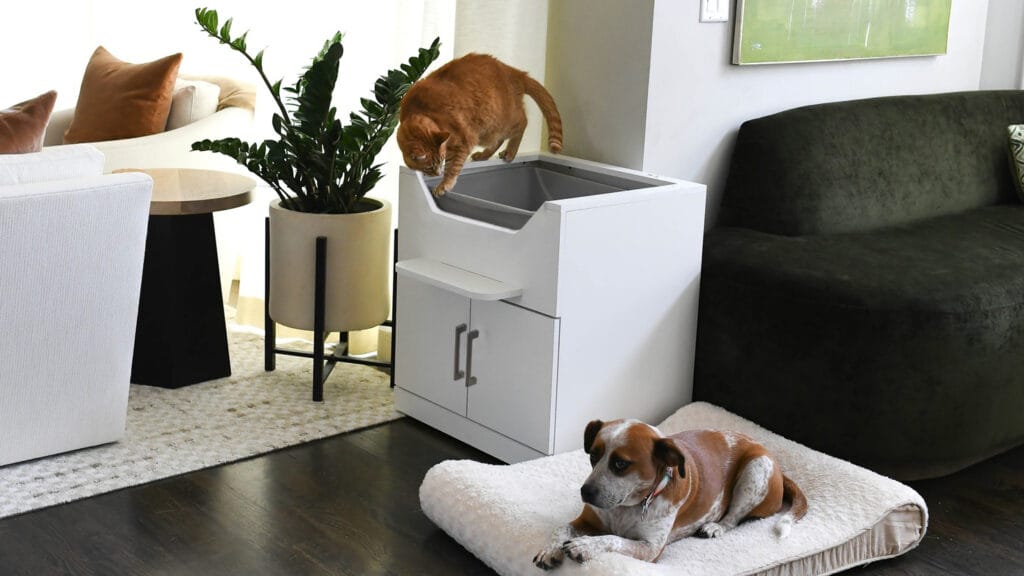Pets are getting fewer treats because of return-to-office mandates, says General Mills

With many CEOs now insisting that employees return to the office, pets who grew accustomed to remote-work arrangements are losing out as their owners spend less time at home. It’s difficult, after all, to beg for goodies when nobody is around.
According to General Mills, which reported earnings on Wednesday, treats for dogs and cats suffered double-digit sales declines in the latest quarter with “pet parents increasingly away from home.”
The Minneapolis-based food giant is better known for brands like Cheerios, Pillsbury, and Häagen-Dazs, but in recent years it’s pushed aggressively into pet treats. In 2021, it spent $1.2 billion gobbling Tyson Foods’ pet treats business, bringing brands like Nudges, Top Chews, and True Chews under its corporate umbrella. And three years before that, it acquired Blue Buffalo Pet Products for $8 billion.
But, warned CEO Jeffrey Harmening on a call with investors, “we don’t really expect a huge rebound in our pet business for the rest of this year.”
Also suffering is Petco, which sells food and treats for our furry companions and has seen its shares tumble nearly 60% year to date. In a survey, it found that 69% of pet parents are “stressed about what returning to work means for their pets,” and 41% say they would consider switching jobs if it meant they could bring their pet to work. It also shared resources for companies on how to create pet-friendly workplaces.
Meanwhile, shares in Rover, which operates an online marketplace for people to buy and sell pet care services—like dog walking and pet sitting—are up more than 45% this year.
While office occupancy in major U.S. cities spiked after the Labor Day weekend—suggesting a tipping point in the return-to-office battle—there’s still good news for pets. According to the latest Survey of Business Uncertainty—jointly run by the Atlanta Federal Reserve Bank, the University of Chicago, and Stanford—most U.S. executives expect hybrid and fully-remote work arrangements will actually increase in the next five years, while fully in-person/on-site work will decrease.
“Maybe the best evidence that #WFH is here to stay—CEOs and CFOs say so,” Nick Bloom, a researcher involved in the survey and a remote work guru at Stanford University, posted on X, referring to work from home.
In other positive news for pets, it appears workers and bosses have come to a truce, largely settling on hybrid work arrangements. According to the September Flex Report from remote work platform Scoop, 82% of Fortune 500 companies in the firm’s Flex Index—which includes information on 293 of those companies—offer workplace flexibility, the most common arrangement by far being two to three days required in the office.
That, at least, is better for pets than the work patterns of old.
This story was originally featured on Fortune.com



Responses